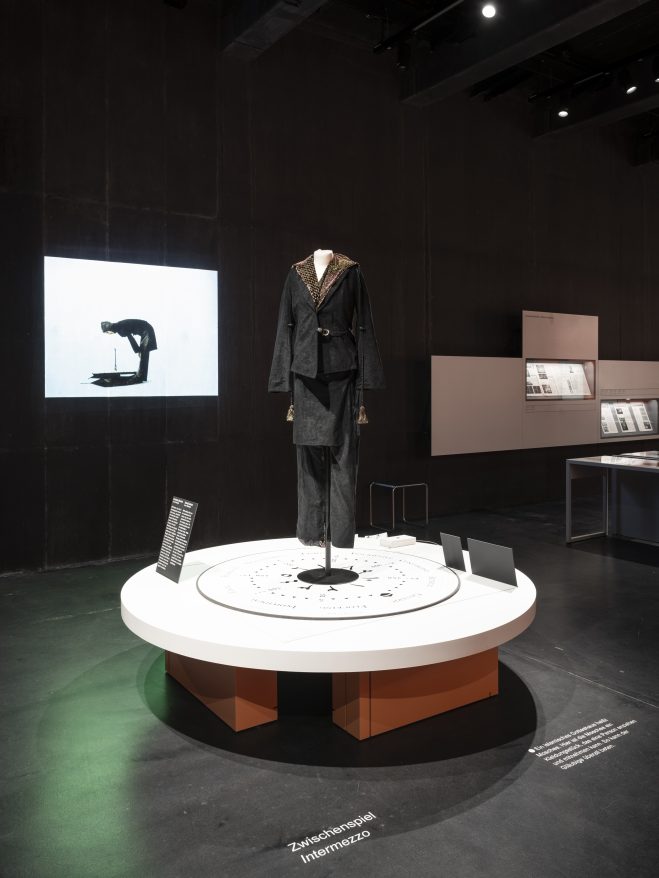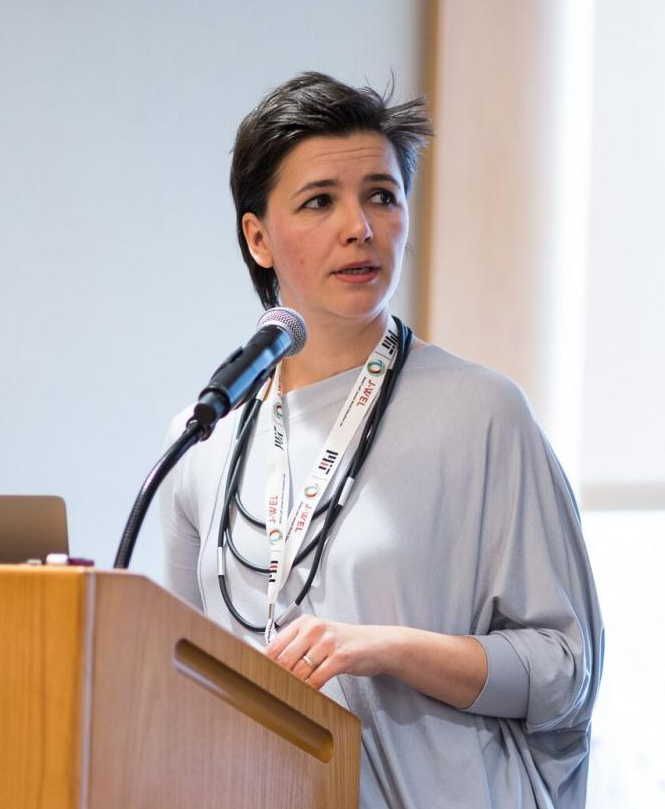Wearable Mosques are clothes that can be fashioned into minimal Islamic prayer spaces. These portable religious devices represent ways of negotiating spatial relationships between Islamic traditions and modernity. While accommodating the ritual prayer of at least two worshippers, a wearable mosque functions both as a community-making device and as an intermediary between the material and the spiritual worlds. The design of wearable mosques is meant to express both the multi-layered identities of their users and the cultural context. As a form of cultural protest, they allow for claiming democratic rights to religious and cultural expression.
Azra Akšamija, Ph.D., is the Class of 1922 Career Development Professor and Assistant Professor of Art in the MIT Program in Art, Culture and Technology. In her multi-disciplinary work, Akšamija investigates the politics of identity and memory on the scale of the body (clothing and wearable technologies), on the civic scale (religious architecture and cultural institutions), and within the context of history and global cultural flows.









